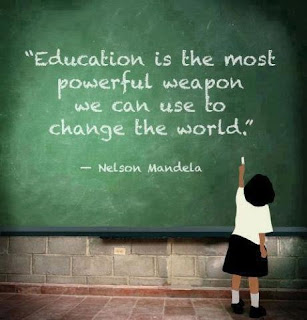Type And Aspect Of Curriculum Evaluation
Formative and summative evaluation 1. Formative Evaluation It occurs during the course of curriculum development. Its purpose is to contribute to the improvement of the educational program. The merits of a program are evaluated during the process of its development. The evaluation results provide information to the program developers and enable them to correct flaws detected in the program. 2. Summative Evaluation . In summative evaluation, the final effects of a curriculum are evaluated on the basis of its stated objectives. It takes place after the curriculum has been fully developed and put into operations. Pre/Post testing - Pre-test/post-test evaluation is one of three assessment tools that is strongly recommended. test/post-test evaluation is an assessment tool that is administered before and after the implementation of curriculum. The pre test is a set of question given to participants'/sample Population before the implementation of curriculum in or

